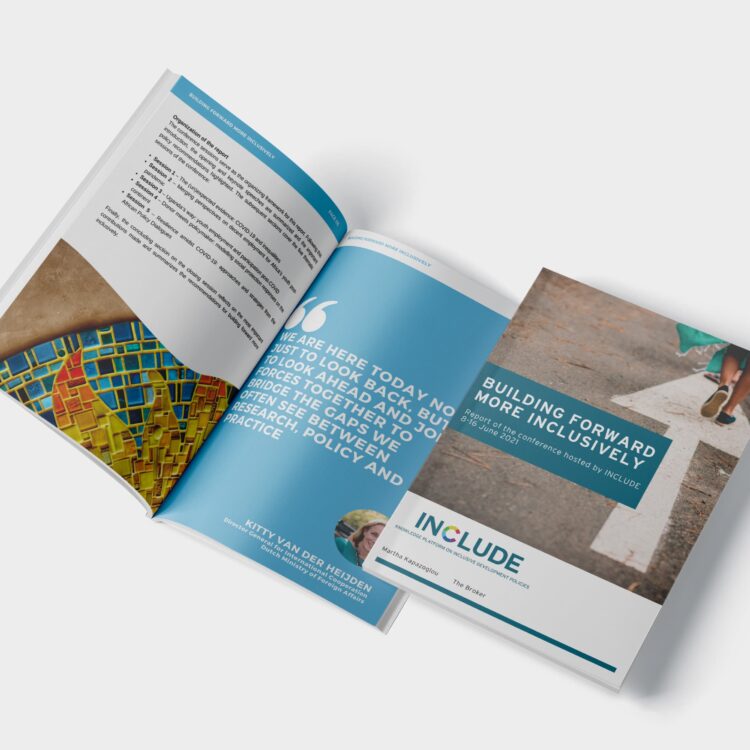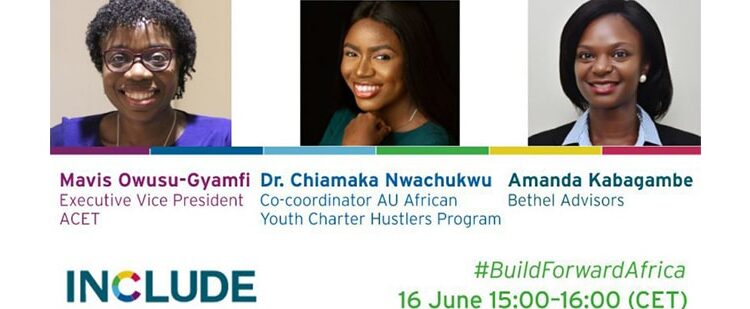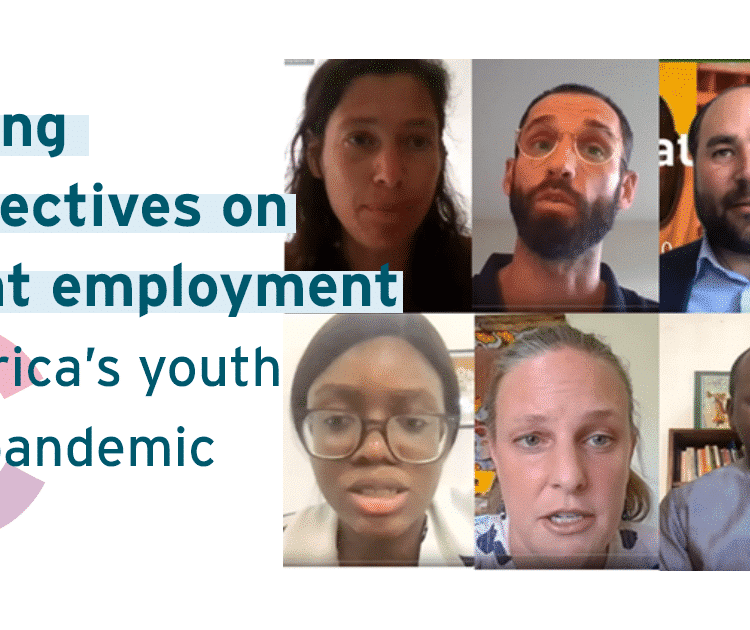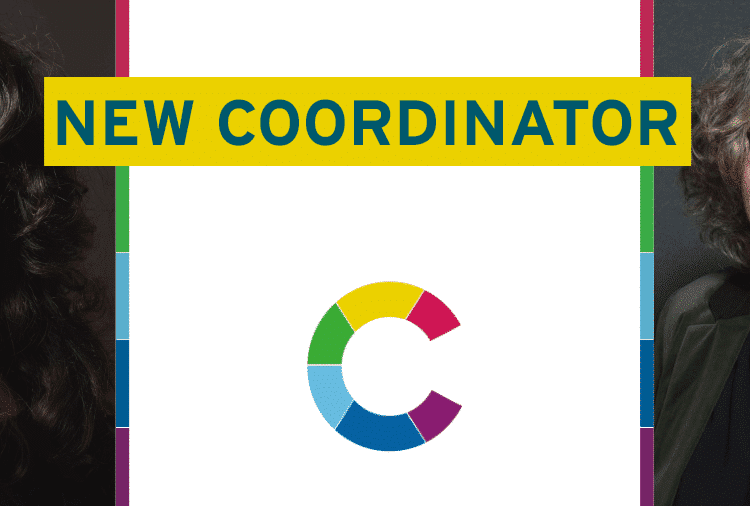
Dutch development policy is still partly incoherent and may, therefore, be ineffective or contradict other policies. To highlight this issue, Partos, Foundation Max van der Stoel and Woord en Daad published the Coherence Monitor 2015 report ‘Let’s Walk the Talk Together’. The report was presented to Lilianne Ploumen, Dutch Minister for Foreign Trade and Development Cooperation, at a conference in The Hague on 23 March.
The report illustrates the incoherence of some Dutch policies: ‘While the Netherlands spends almost four billion euro a year on development cooperation, billions of euros of capital fade out of developing countries, partly due to the favourable Dutch tax system. And while the Netherlands has made food security one of its priorities, a large part of the budget is spent on private initiatives focusing on large-scale agricultural projects, such as cultivating bio fuels. Small-scale farmers in developing countries lose their land to large investors and with that, their livelihoods.’ (Coherence Monitor 2015, p. 1)
Policy coherence means that you ‘do not take back with policy what you gave with other policy’, as Paul Engel, senior fellow of ECDPM, points out. It also implies that Dutch policy should not have a negative impact on developing countries. Policy coherence is a strongly political issue, as policy-making involves taking into account differences in power levels and interests that may collide. Accordingly, Bram van Ojik, Member of Parliament for GroenLinks, stated that it is important to decide upon the direction of policy with all stakeholders before goals are set.
The Coherence Monitor makes four main policy recommendations:
- Put policy coherence at the centre of development policy
- Use the Sustainable Development Goals to strengthen institutional and government-wide embedding of policy coherence
- Take stock of coherence issues annually and report them to Parliament
- Structurally discuss policy coherence issues together
The participants of the conference agreed that policy coherence is very important. But, as Van Ojik noted, ‘there has already been a general consensus for a long time that it is important, but why has so little been achieved?’
At the conference, Minister Ploumen announced that there will be an annual report on the progress towards policy coherence for development, as the authors of the report recommended. Margriet Kuster, Senior Policy Advisor at the Dutch Ministry of Foreign Affairs, said that a more structural exchange is needed between the Ministry and stakeholders such as civil society. She also said that more cooperation with partners in developing countries is another important step to take policy coherence to the next level. Paul Engel signalled that ‘Dutch knowledge institutes are lagging behind in researching policy coherence for development and policy impact’. He argued that ‘policy coherence should become the standard for the efficiency of development cooperation’.




